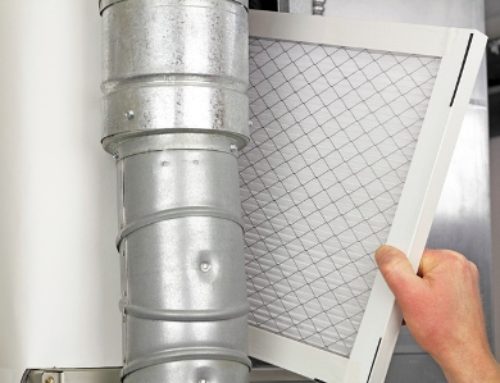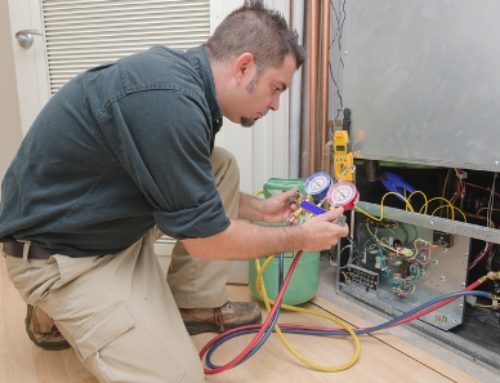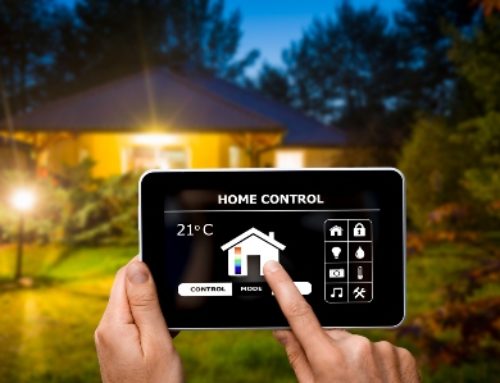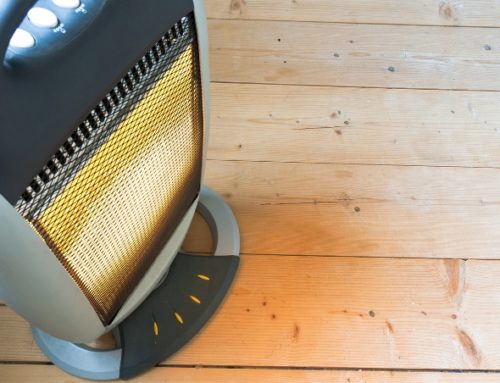A Quick History Lesson
Freon was originally developed to replace the toxic, flammable gases that had been used as refrigerants since the late 1800s. After several fatal accidents caused by refrigerant leaks in the 1920s, the industry began to look for a safer alternative. In 1928 experts from General Motors developed a range of chlorofluorocarbons that became known as Freon. During a demonstration in 1930, a General Motors representative took a deep breath to inhale Freon gas and then blew it over the flame of a candle to extinguish it. After this impressive display, the new range of “miracle compounds” was celebrated for its non-toxicity and non-flammability.
Within that year, General Motors partnered with DuPont to form the Kinetic Chemical Company that would become the industry’s producer of Freon. Working with Frigidaire, the company produced and sold over 8 million refrigerators using Freon in the next 5 years. Although the technology was initially intended for refrigerators, the Carrier Engineering Corporation used Freon to create the first self-contained residential air conditioning in 1932. For the next several decades, Freon remained the primary refrigerant in all in-home air conditioning units.
The Freon Phase-Out
In recent years, experts have found evidence tainting Freon’s initial reputation as a miracle compound. Not only has it been proven that inhaling Freon can in fact cause headache, nausea, and even asphyxiation, but Freon has also been proven to pose a serious danger to the environment. Studies have shown that Freon in the upper atmosphere is destroying earth’s ozone. This layer of the planet’s atmosphere is important to protect us from exposure to dangerous ultraviolet light. Since the discovery of Freon’s risk to the environment, the HVAC industry has stopped producing units that run on Freon and initiated a final Freon phase-out. Engineers and HVAC experts are working to, once again, develop an alternative. Some Freon alternatives, such as Puron, have already been developed and are available for use in commercial and residential HVAC systems.
What All this Means for You
Freon will be available for air conditioning systems that require it until January 1, 2020. However, because the industry has stopped producing it, the Freon supply has significantly decreased and continues to do so. This means that the price of Freon is continuously rising. For homeowners with a unit that runs on Freon, a refrigerant leak can put them in a tough spot. The choice is to either pay the high price to recharge a unit with Freon that will be outdated in 5 years or to replace the entire unit.
Most experts recommend upgrading your unit in the event of a Freon leak. Repairing a system that still relies on Freon may just mean that you are putting money into a system that will end up costing you more until you are forced to replace it. Not only will an upgrade save you money and the hassle of the upkeep of an outdated system, but it will also help pave the way for environmental protection. Fortunately, Climate Tech Air Conditioning and Heating offers affordable solutions for any HVAC unit. Whether you are looking for repairs or an industry leading replacement system, Climate Tech Air Conditioning and Heating has the local experience and competitive pricing to keep your family comfortable all year long.








